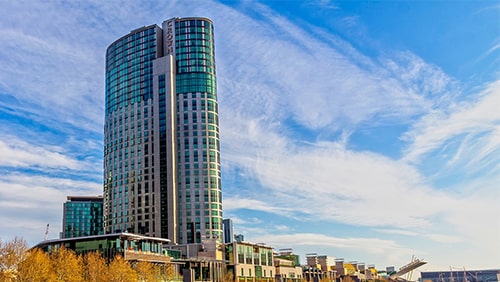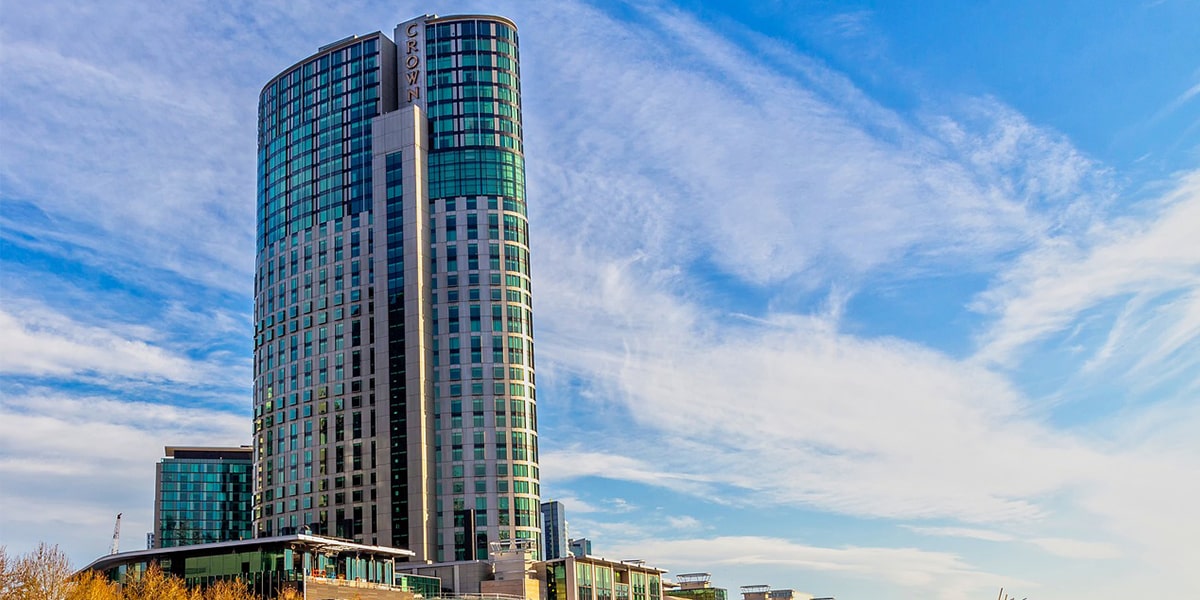 New coronavirus cases in Australia have been negligible for two months now, and yet, restrictions against normal human activity in the country continue. You can read about them, province by province, over here. Australia’s lockdowns have been extremely strict, but also unpredictable. Every few days we hear of one easing up and another one going into effect. Melbourne ended the country’s strictest lockdown at the end of October, but then the whole state of South Australia went into another severe 6-day lockdown after a cluster of 23 cases was found a few days ago.
New coronavirus cases in Australia have been negligible for two months now, and yet, restrictions against normal human activity in the country continue. You can read about them, province by province, over here. Australia’s lockdowns have been extremely strict, but also unpredictable. Every few days we hear of one easing up and another one going into effect. Melbourne ended the country’s strictest lockdown at the end of October, but then the whole state of South Australia went into another severe 6-day lockdown after a cluster of 23 cases was found a few days ago.
Australia has proven to be frenetic with lockdowns, very quick to shut down local economies entirely over any sign of virus activity. Obviously this method of managing the situation has had a seriously negative effect on business, especially casinos, to the point that investors with any significant amount of capital there should seriously consider pulling out entirely. I believe at this point that any stake in Crown Resorts especially, should be liquidated. The stock has had a nice 16% bump since Melbourne came of out lockdown, and it’s now time to get out.
It’s not even the lockdowns themselves that are the biggest problem here. Much worse is the inherent unpredictability of it all. If Australia had a lockdown policy something along the lines of “OK, we’re going to try this one more time for X days all over the country and after that no more lockdowns period,” that would be one thing. It might provide some rational base for some kind of economic calculation. But of course virus clusters will keep reappearing and seemingly the severe responses will keep coming. How anyone is supposed to invest in such an environment is beyond me.
Australia also has another serious covid problem though, triggered by its support for an international investigation on the origins of the virus back in April. China’s Communist Party was none too happy about this initiative, and so Xi Jinping has responded with the wrath of the punitive tariff. Australian barley, beef, wine, coal, and cotton are all being targeted, and this is no small matter. China is by far Australia’s biggest trading partner, with 40% of Australia’s exports going to the Chinese, and 27% of its imports coming from there.
What this has to do with Crown Resorts is that a deteriorating trade relationship with China is going to spill over into a deteriorating relationship with Chinese VIPs. Crown has already cut off all relationships with all junket operators as of November 17, which has more to do with ongoing money laundering probes. Both Australia and China are discouraging their citizens from traveling to the other country. Chinese VIPs will get the message and probably would not prefer being harassed at border checks for gambling in a country that has fallen out of favor with the People’s Republic. Investors can’t see the negative impacts of this yet in the bottom line because the Australian lockdowns have distorted the numbers so badly.
And it’s not like corporate expenses have gone down for Crown. They’ve actually risen by $23.2 million compared to 2019 because of insurance and regulatory costs. Crown’s net debt at $891 million is mostly due to the costs of developing Crown Sydney, in which the company has invested $1.7 billion so far of a planned $2.2 billion. That’s another half a billion to spend to get the place finished, in an unknown and unpredictable business environment that will remain unpredictable for who knows how long. Half of all this debt is due by 2022 and will have to be refinanced. Meanwhile, Crown’s credit rating has been downgraded, and remains on review for further downgrades.
Crown Sydney’s opening has now been delayed by gaming regulators until after February at the earliest when findings from an inquiry on money laundering are set to be released. Delays could be extended depending on the outcome of that inquiry. It’s just another complete unknown that investors have to shoulder in the meantime.
Crown Melbourne is the company’s flagship casino, accounting for about 70% of its EBITDA. The place has finally opened back up, but with extreme restrictions that will take most of the fun out of spending any time there. Capacity is limited 1,000 gamblers, 150 people for each indoor space in the building, enforced distancing between gamblers, presence of a “COVID marshal”, (sounds really fuzzy), and enhanced hygiene controls, which practically means everything at the casino is going to smell like a pediatrician’s office. How much this restricts revenue and earnings we will find out by the next earnings report, but it’s not going to look pretty.
Dividends have been suspended and it is unclear for how long, but they could be suspended for quite a while considering Crown has to save money urgently. That being the case, there is no longer any income justification for holding Crown shares.
The only bit of good news is that EBITDA from Crown’s wagering and online social gaming is up 32.9%, but that alone will not come close to compensating for all the other problems.
It might make sense to come back to Crown once Australia’s trade spat with China is over, once Crown Sydney is able to open, once Crown Melbourne is able to function once again at full capacity normally, and once Australia makes it clear to investors that its lockdown policy is indeed finite and not unending. The problem is there is no telling when any of this will happen. Until then, the stock is no longer worth holding. Better to put money to work in a country where businesses are allowed to function and virus control policy is clear and understandable, with boundaries.
